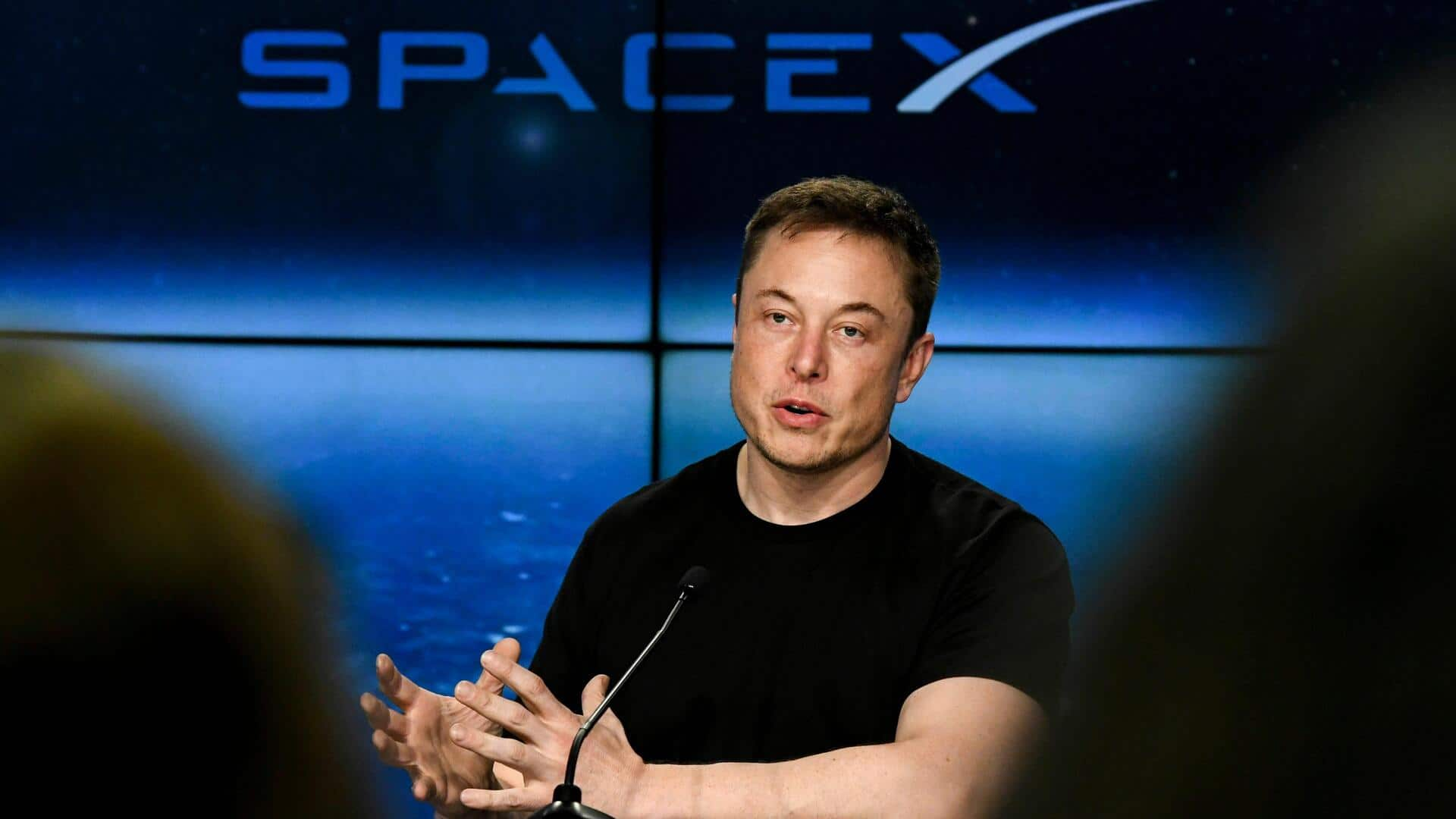How Musk's SpaceX—defense contractor for US—secretly allows investment from China
What's the story
SpaceX, space exploration company owened by Elon Musk, reportedly allows Chinese investors to buy stakes.
However, the investments are routed through offshore centers like the Cayman Islands.
The news, revealed by ProPublica, raises national security concerns as SpaceX serves as a defense contractor for the US government.
The company's sensitive work includes building a classified spy satellite network, raising concerns about the potential implications of foreign investments.
Investment concerns
The revelation raises questions about Musk's ties with China
The revelation about SpaceX's investment strategy has raised fresh questions about Musk's ties with China.
This comes amid reports that the Pentagon briefed Musk on a potential war with China.
Despite these concerns, it's worth noting that passive, non-controlling stakes from foreign investors are widely accepted.
However, adversaries like China could use covert investment strategies to gain access to technologies and leverage in strategic industries.
Testimony details
CFO and investor's testimony sheds light on investment strategy
The details of SpaceX's Chinese investment strategy came to light amid a recent corporate dispute in Delaware, Texas.
It was revealed in the testimony of the company's CFO Bret Johnsen and major investor Iqbaljit Kahlon.
The dispute centered on a failed 2021 deal with a Chinese firm that planned to buy $50 million worth of company stock.
Upon learning of the deal, SpaceX executives withdrew to avoid issues with national security regulators.
Expert opinions
Experts express concern over SpaceX's investment strategy
In December, Kahlon testified that SpaceX finds it "acceptable" for Chinese investors to invest in the company through offshore vehicles.
These vehicles are commonly used to keep investors anonymous. However, experts were concerned over this practice, seeing it as a potential sign that the company is actively trying to hide foreign ownership interests.
The exact reason behind SpaceX's strategy is still unclear as the company hasn't responded to requests for comment on this matter, TechCrunch reports.
Review absence
No record of formal review by CFIUS
The Trump administration believes adversaries such as China could leverage hidden investment tactics to access technologies, intellectual property, and influence in strategic sectors.
Normally, these investments would be reviewed by the Committee on Foreign Investment in the United States (CFIUS).
However, there is no public record of SpaceX being formally reviewed by CFIUS.
